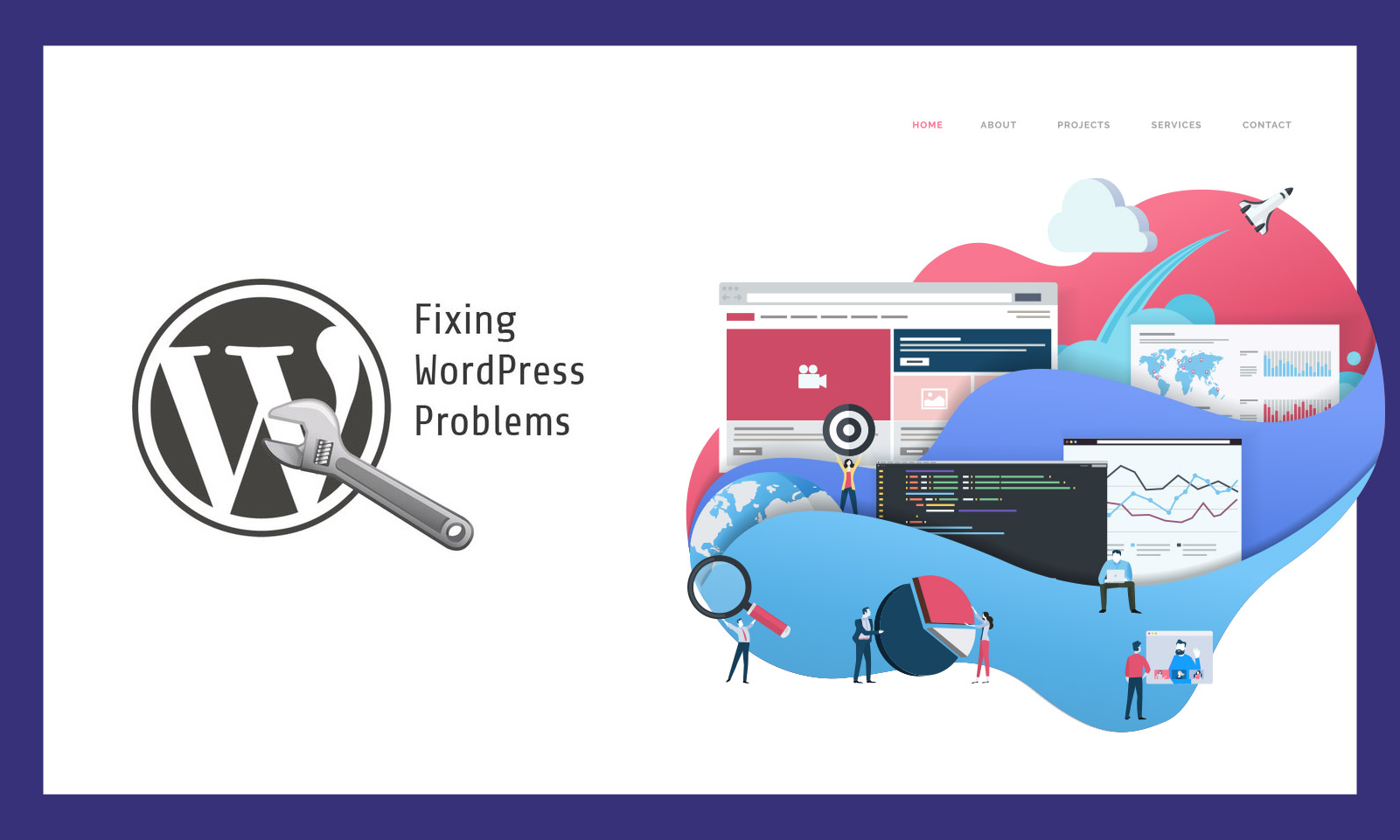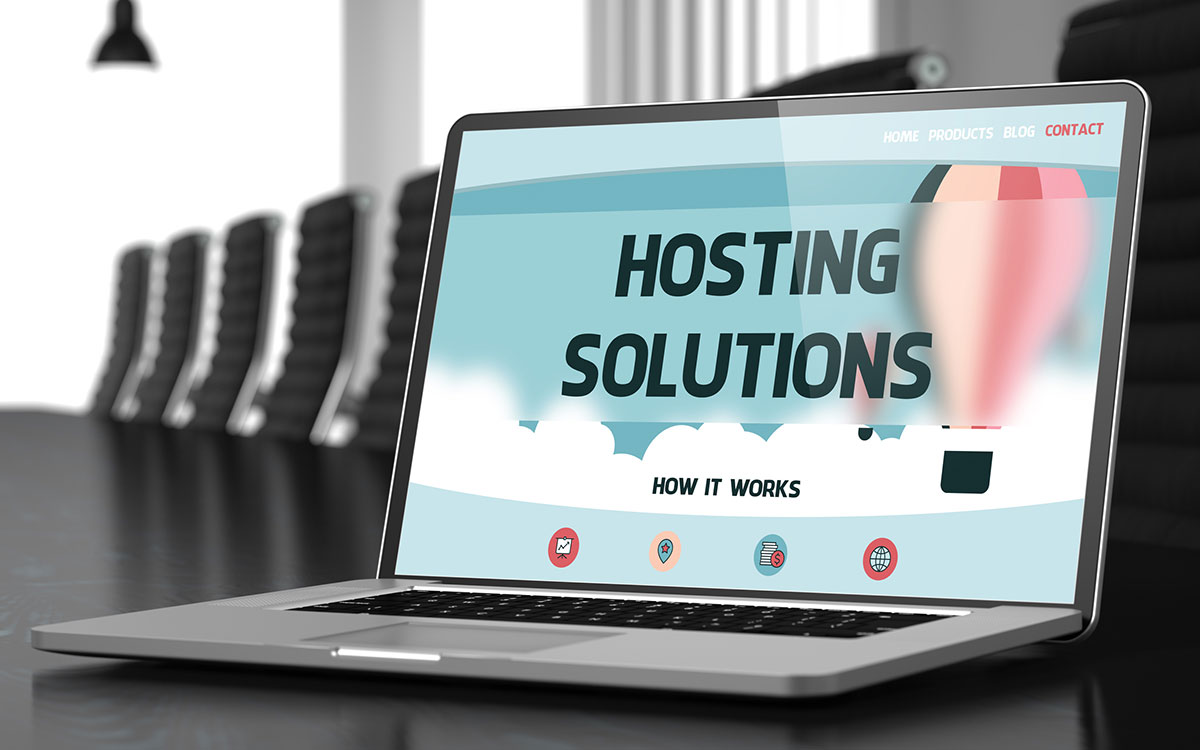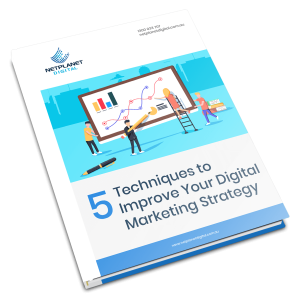1. SSL Certificate and Enabling HTTPS to Protect Customers
SSL Certificates are the pillars of internet security and their main job is to protect your information as it travels through and across the internet and various servers.
An SSL Certificate is vital for any website as it delivers privacy, data integrity and website security. An SSL Certificate protects information such as personal data and credit card numbers so that only the intended recipient can receive and understand it. Therefore, without an SSL certificate, this information remains unsecure and readable to everyone, especially hackers.
An SSL Certificate provides authentication, which will give your customers peace of mind that they can rely on your website and creates a trust connection between you and your customers. Customers can identify this through the secure green https symbol at the beginning of a website URL on your browser, like the one pictured below!

As an SSL certificate ensures that the right information is being sent to the right servers and require a business to pass audit tests to receive this certificate, customers are more reluctant to trust and buy from your website, creating more business for you!
Also, SSL Certificates are required for PCI (Payment Card Industry) compliance. Which means to accept credit card payment, you must comply with these standards, another plus for your customers!
2. Choose a hosting provider that has DDOS
DDOS stands for the distributed denial of service. What hackers tend to do with websites is saturate the connection with malicious traffic, which then leads to legitimate traffic being unable to connect with a website, leading to a fall in business and clicks for some websites. It is vital to choose a hosting provider which prevents this!
These hosting providers and systems will teach themselves to identify legitimate traffic from malicious traffic and this protection will also scan traffic, so only genuine traffic is able to pass once they cleared through various testings. These are important for businesses as it helps to maintain safety on your website and protect against hacks!

3. Updating your website plugins
The main importance for updating your website plugins is for security and to fix bugs and holes within the security. As website plugins are produced to assimilate with various software, that means its source code is readily available to the public, making it easier for hackers to identify security vulnerabilities. Websites such as WordPress create plugin updates for their users to provide security and bug fix updates; so, neglecting to update these are detrimental to your website as you run the risk of being hacked and miss out on various improvements for your website.
These updates are made as vulnerabilities have been found! Updating your plugins can also increase and improve the speed of your website which is an important factor for such uses as SEO and page loading times, which can then reduce bounce rates and increase visitor engagement.

4. Ensure you scan your website for vulnerabilities
One thing businesses need to understand, especially small businesses, is that hackers don’t discriminate! They target every and any website they can and websites which are generally run by small businesses are easier targets! That is why frequent monitoring and scanning is vital for EVERY website as this can be the difference between business-as-usual and an online nightmare.
It is key to constantly and consistently scan and test your website to check for malware and holes hackers can exploit. In just a few hours, security scanners can scan through an entire database and report thousands of vulnerabilities which are present. With this information, you can address these holes and ensure that your network is safe. Security scans also run on a regular basis, which means your website will be constantly monitored for exploits and holes!
Without scanning your website, you run the risk of your website being vandalised and hackers accessing private data, and these can have huge costs! The trust you have between customers can be lost, your online reputation can be ruined, and all these can have negative effects on your revenue. These can lead to costly expenditure to fix your website. Any unplanned downtime can affect sales for your e-business! This is why security scanning is vital for every website!
5. Screen your admin directories
One of the simplest ways a hacker can exploit your website and obtain your private data is through your admin directories! Hackers look for terms such as ‘admin’, ‘login’ and ‘access’ throughout your website, server and directories, and through this, will apply their drive on accessing your files via these entries. To avoid incidents like these, rename your folders to words that are subtle and discreet, which only your webmasters will know and understand. By renaming your folders and admin directories, it will confuse hackers and their robots and diminish the risk of a breach. By taking the time to hide your admin directories, it will greatly advantage your online reputation and customer security, highlighting the importance of a minor task such as screening your admin directories!








































